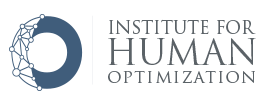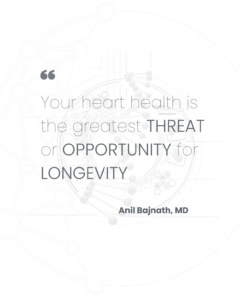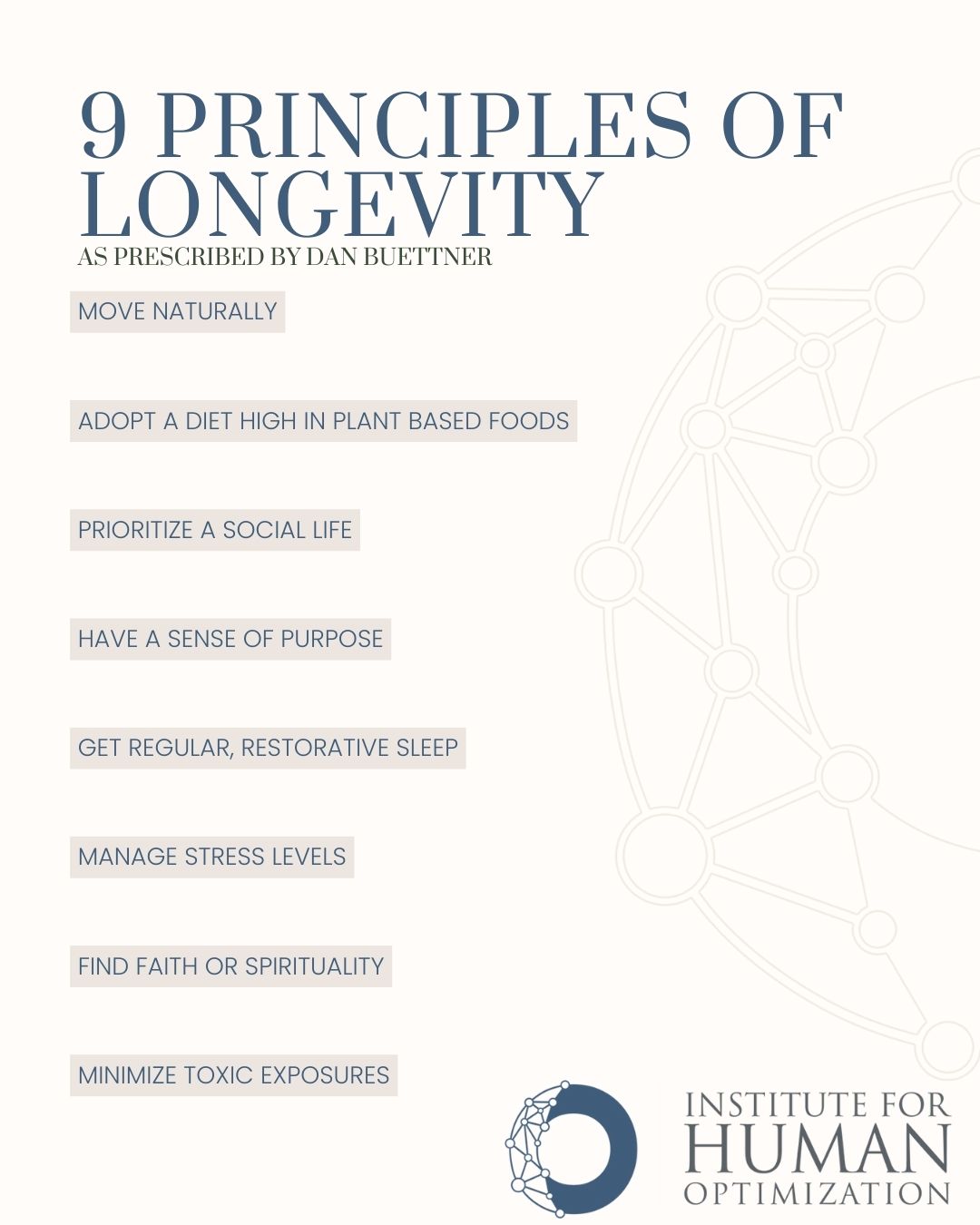Bio-Identical Hormone Replacement Therapy (BHRT) Hormones has gained popularity in recent years. Individuals are gradually realizing the immense impact that hormonal imbalances have on their overall well-being. Hormones play an essential role in our body. They regulate and control numerous bodily functions ranging from metabolism, sleep patterns, mood swings, sexual development, and reproduction. Hormonal imbalances can lead to several health problems such as fatigue, weight gain, low libido, mood disorders, and infertility. This week on the blog we will go in-depth about bio-identical hormone replacement therapy and how it can help unlock your potential for a healthier, longer life.
HORMONES AND THEIR IMPORTANCE IN OUR BODY
Hormones are chemicals produced by the endocrine glands that help regulate and control various bodily functions. They act as messengers, carrying information to different organs and tissues, ensuring they function correctly. Some of the essential hormones in our body include estrogen, progesterone, testosterone, thyroid hormone, cortisol, and insulin. Each hormone plays a crucial role in maintaining our health and well-being.
TYPES OF HORMONES
Hormones can be divided into three categories- androgens, estrogens, and progestogens. Androgens are primarily produced in the male testes and female ovaries. They play an essential role in male characteristics such as muscle mass, facial hair growth, and sex drive. Estrogens are mainly responsible for female reproductive health, but they also play a role in male sexual function. Progestogens are mostly produced by the ovaries and play a crucial part in regulating the menstrual cycle, maintaining pregnancy, and preparing the body for childbirth.
HOW DO HORMONES WORK?
Hormones are produced in response to signals from the brain. The hypothalamus and pituitary gland, located in the brain, are responsible for sending these signals to the endocrine glands. Once released into the bloodstream, hormones travel throughout the body and attach themselves to specific receptors on organs or tissues, triggering a particular response.
TESTOSTERONE
Testosterone is a vital hormone in both men and women. It plays a crucial role in maintaining bone density, muscle mass, sex drive, mood, and energy levels. As we age, testosterone production decreases in both sexes. However, for women, this decrease occurs more rapidly during menopause when their estrogen levels also decrease. Low testosterone levels can lead to several health problems, such as osteoporosis, low libido, depression, fatigue, and loss of muscle mass.
ESTROGEN
Estrogen is the primary hormone responsible for female reproductive health. It helps regulate the menstrual cycle, maintain bone density, and promote healthy skin and hair. During menopause, estrogen production decreases significantly, leading to several uncomfortable symptoms such as hot flashes, night sweats, mood swings, and vaginal dryness.
PROGESTERONE
Progesterone is crucial during pregnancy as it helps maintain the uterine lining for a healthy pregnancy. It also plays a role in maintaining bone density and regulating the menstrual cycle. During menopause, progesterone production decreases along with estrogen levels, leading to irregular periods and other symptoms.
CORTISOL
Cortisol is the primary stress hormone responsible for regulating our body’s response to stress. It helps control blood sugar levels, metabolism, and immune system response. Chronic stress can lead to high cortisol levels, which can cause several health problems such as weight gain, sleep disturbances, anxiety, and depression.
DHEA
DHEA is a precursor hormone that is converted into estrogen and testosterone in the body. It plays a crucial role in maintaining energy levels, promoting bone health, and supporting overall well-being.
HORMONE IMBALANCES AND THEIR IMPACT ON OUR HEALTH
Hormone imbalances can occur due to various reasons, such as aging, stress, poor diet, lack of exercise, environmental toxins, and certain medical conditions. These hormone imbalances can lead to several health problems and impact our overall well-being. Some common symptoms of hormonal imbalances include:
- Fatigue
- Weight gain or difficulty losing weight
- Low libido
- Mood swings and irritability
- Sleep disturbances
- Hot flashes or night sweats
- Depression and anxiety
- Infertility and irregular periods
- and more!
BIO-IDENTICAL HORMONE REPLACEMENT VS HRT
Bio-identical hormone replacement therapy (BHRT) is a natural and personalized approach to balancing hormones in the body. BHRT uses plant-based hormones that are structurally identical to the hormones produced by our bodies, making them more easily absorbed and utilized. BHRT can be prescribed in various forms such as creams, pellets, pills, or injections and is customized to meet each individual’s specific needs.
BHRT can help alleviate symptoms of hormonal imbalances and restore balance to the body. By optimizing hormone levels, it can improve overall health and well-being, enhance energy levels, improve sleep quality, boost libido, and more.
Longevity Medicine and BHRT
Longevity medicine is an emerging field of medicine that focuses on preventing age-related diseases and promoting healthy aging. BHRT is considered a crucial part of longevity medicine as it helps balance hormones and promote overall health and vitality. By unlocking our potential for healthier hormone levels, we can enjoy a longer, healthier life.
Institute for Human Optimization | Maryland Hormone Therapy
At the Institute for Human Optimization, Dr Bajnath takes an integrative approach to hormone therapy, addressing not just the symptoms but also the underlying causes of hormonal imbalances. We use bio-identical hormones to help patients achieve optimal health and well-being. Dr. B will work with you to develop a personalized treatment plan that fits your lifestyle and goals.




